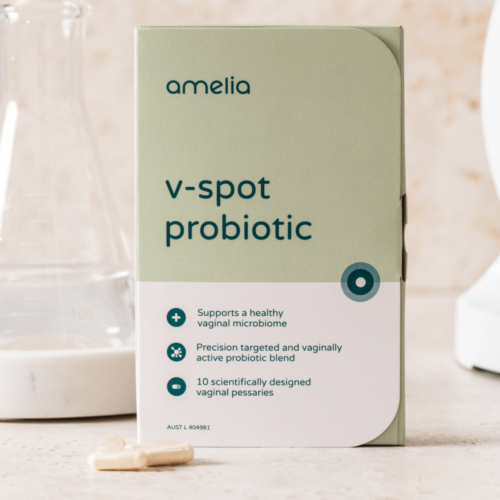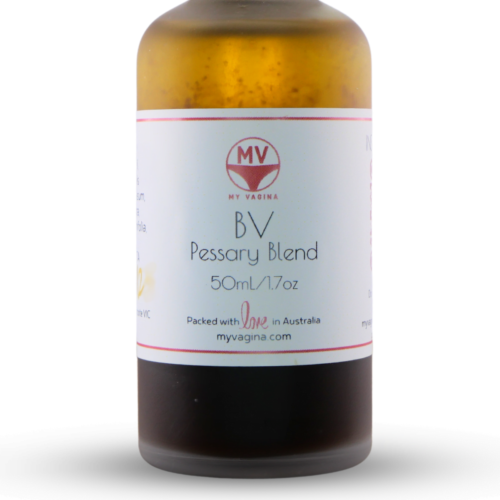Premenstrual dysphoric disorder (PMDD) may have its roots in a genetic predisposition, the MTHFR gene variances, with impaired methylation.
In PMDD, neurotransmitters such as serotonin and dopamine are influenced by oestrogen and progesterone fluctuations in the luteal phase of the menstrual cycle. That is, from ovulation to the first day of menstrual bleeding.
The symptoms of PMDD include debilitating depression, anxiety, mental impairment and fatigue, amongst others. The nervous system and neurotransmitters are having a misalignment, though the nature of this is unknown.
During the methylation cycle, SAMe is produced, resulting in the synthesis and balancing of neurotransmitters. People with MTHFR gene mutations may not produce sufficient SAMe to ensure proper neurotransmitter production and management. Supplementing with SAMe can alleviate PMDD symptoms in some people in a relatively short space of time.
Why is SAMe so effective in this situation?
Unclear, but a theory is that if you have MTHFR genetic mutation issues and methylation problems, thus not producing sufficient SAMe, the brain likely already has low levels of serotonin. In the luteal phase as oestrogen drops, serotonin levels are very low. We need serotonin to stay feeling happy and well.
MTHFR gene variations and methylation issues may not exist on their own, with low zinc, B6 and iron all important for neurotransmitter production. Inflammation causes a reduction in neurotransmitters, with research showing that those with PMDD have increased inflammatory markers in the luteal phase.
Getting tested for MTHFR variants will help you move forward in getting the right treatment, and if you need more support, book in with an experienced practitioner.
Specially formulated probiotic for vaginal application to promote a healthy vaginal microbiome.
Unique, comprehensive BV, AV and 'mystery bad vag' treatment guide, one-of-a-kind system, with effective, innovative treatments.





